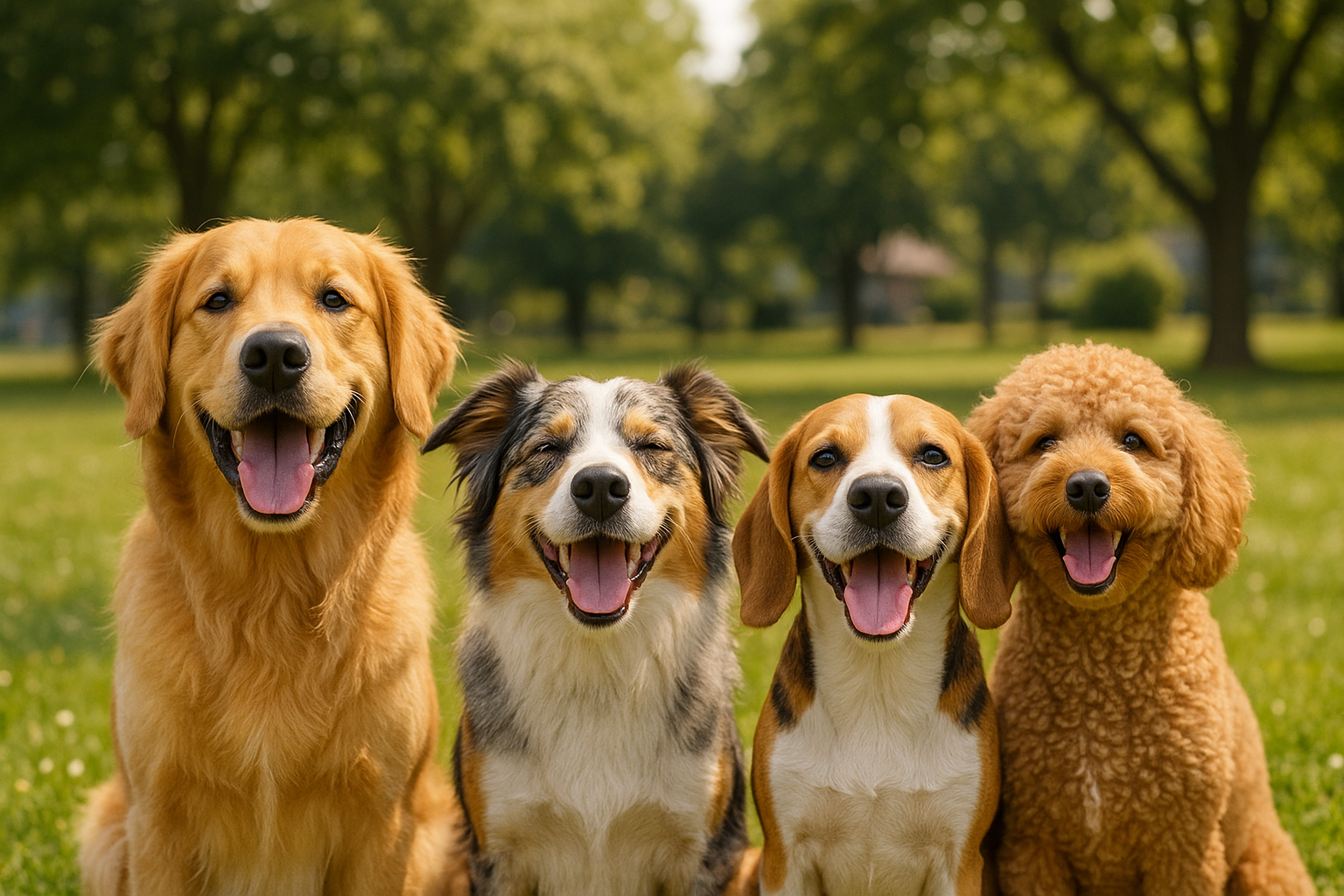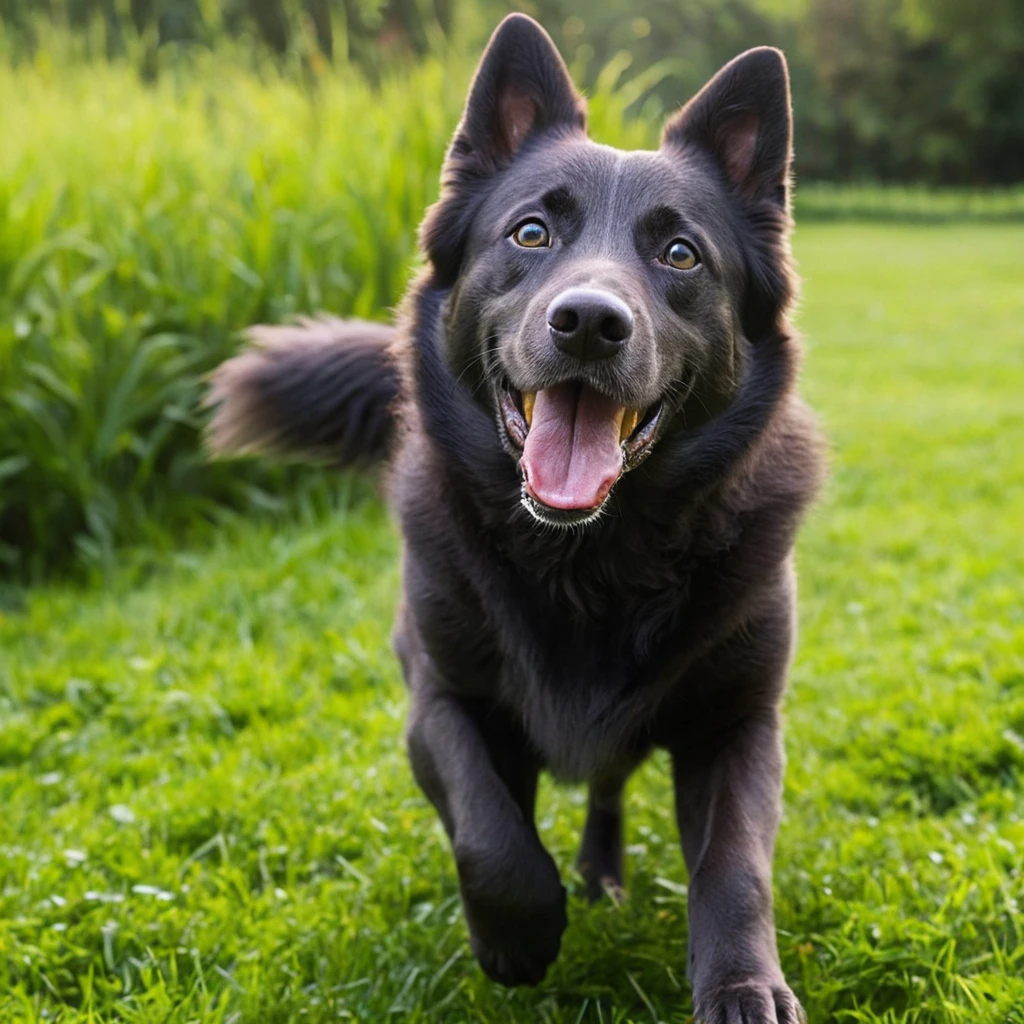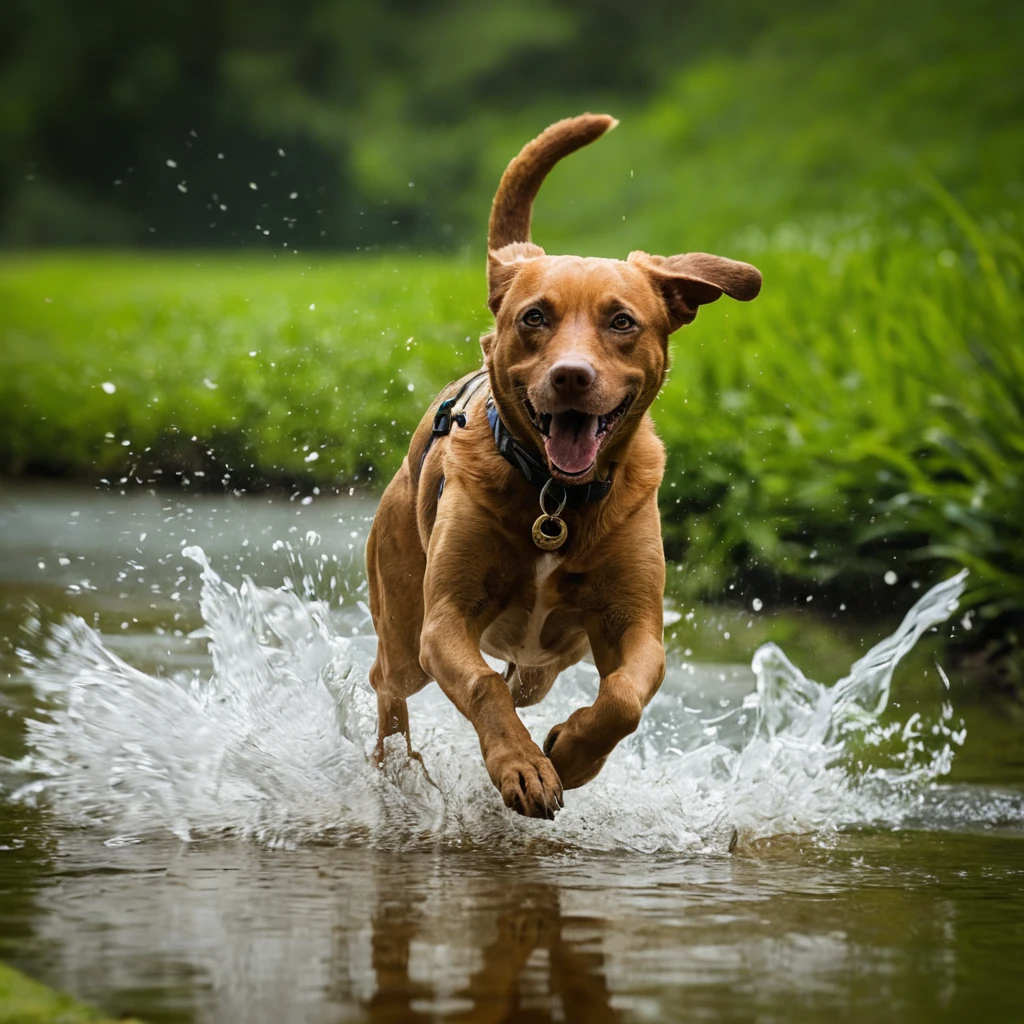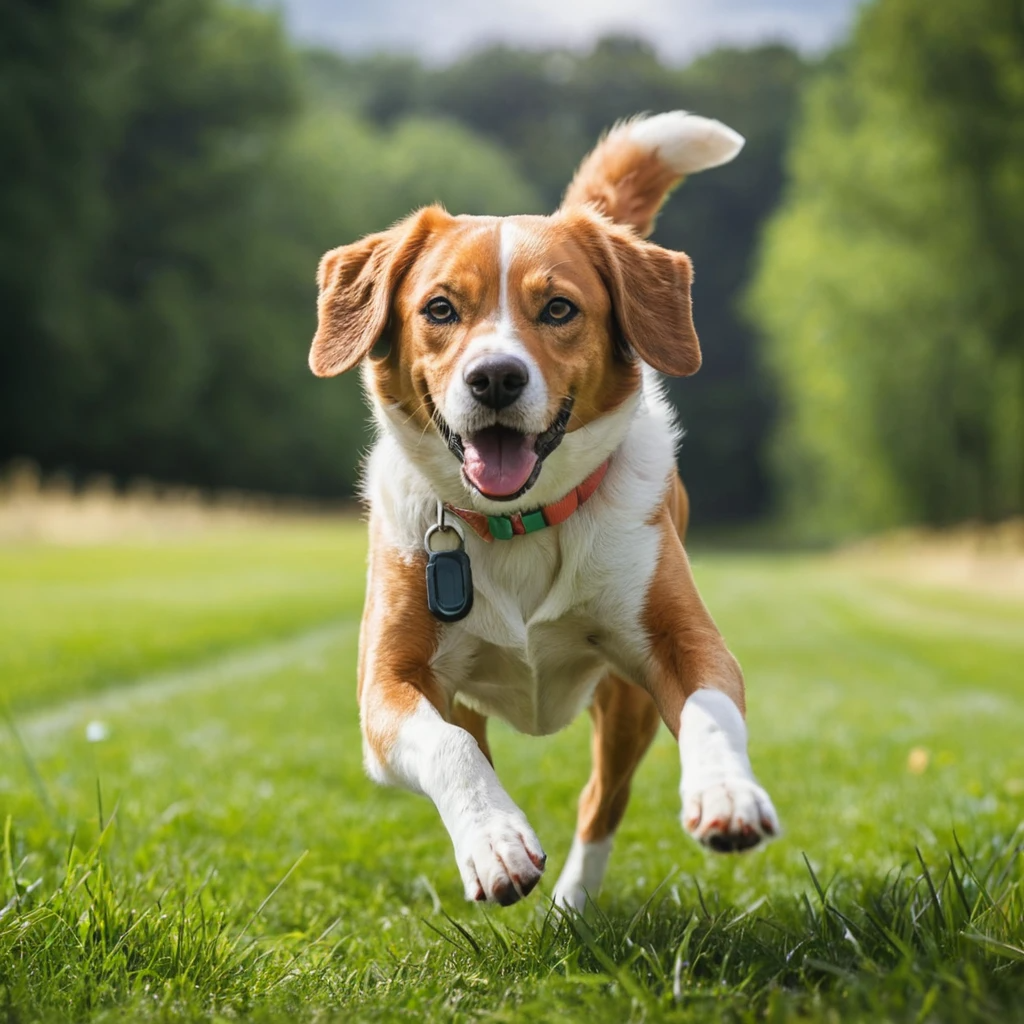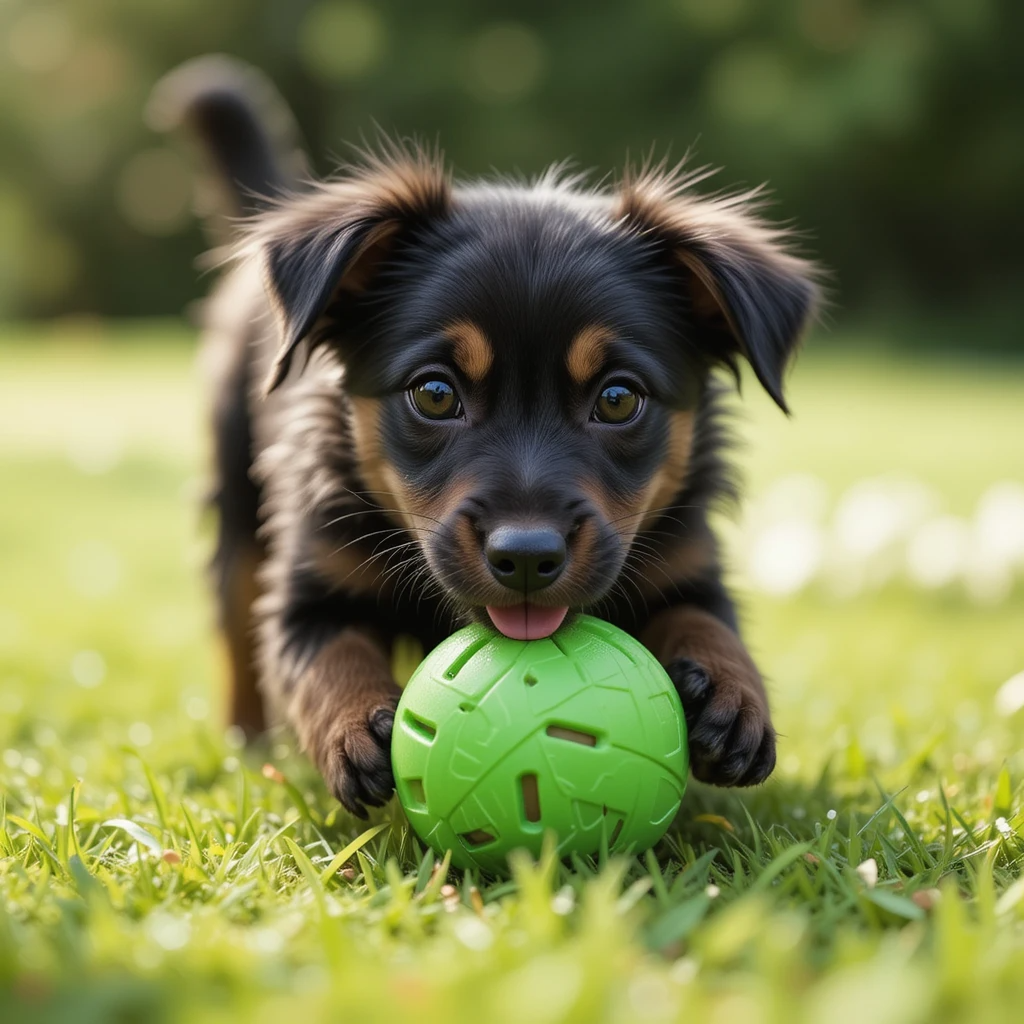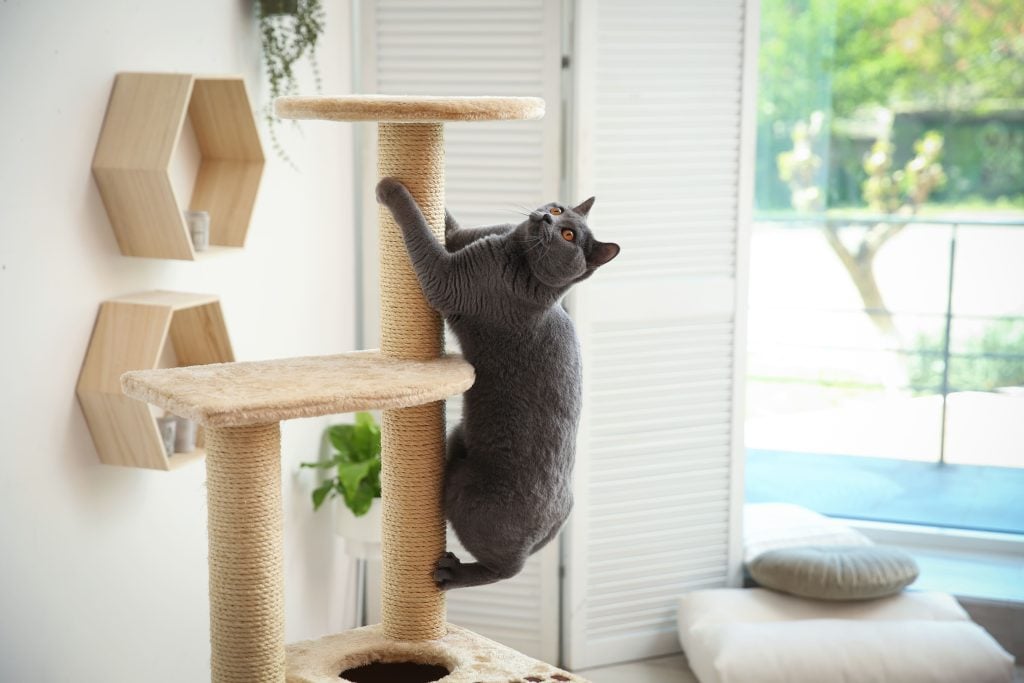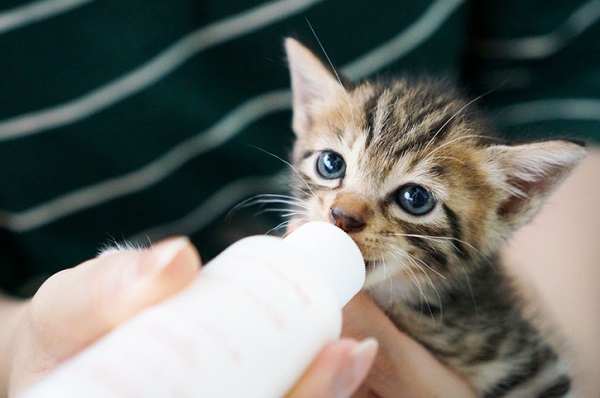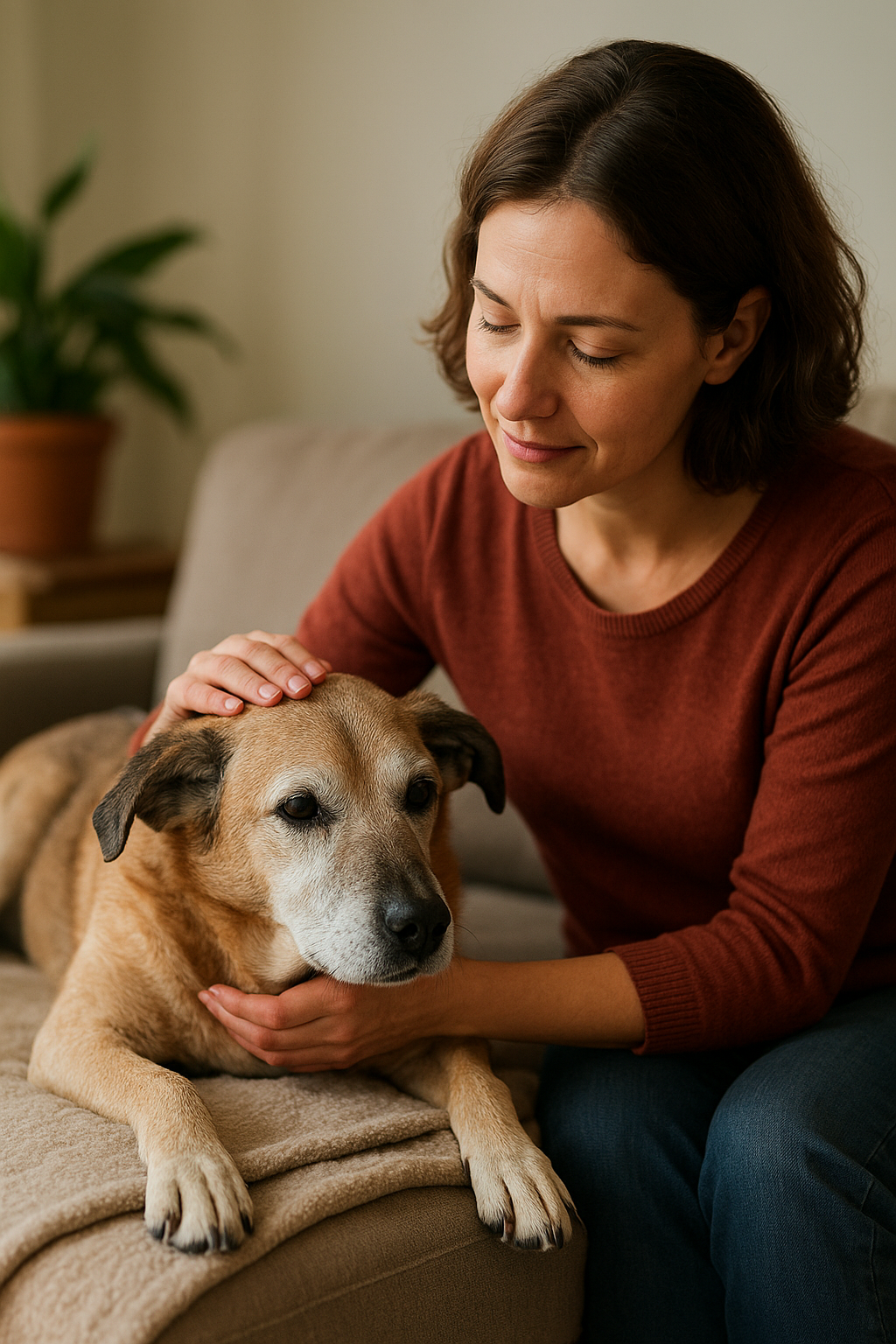Have you ever wondered why some dog breeds seem naturally happier than others? Whether it’s the tail wagging nonstop or a permanent grin on their face, certain dogs just seem to radiate joy. But is happiness in dogs really related to breed, or is it all about environment and training?
Science says that breed does matter — and here’s why.
What Does “Happiness” Mean in Dogs?
Before we dive into the science, it’s important to define what “happiness” looks like in dogs. While we can’t ask them directly, veterinarians and animal behaviorists use several observable traits to determine a dog’s emotional state:
- Relaxed body posture
- Wagging tail
- Open mouth (often looks like a smile)
- Playfulness
- Eagerness to interact with humans and other animals
- Low levels of anxiety or aggression
These signs, when consistent over time, often point to a happy and content dog. But how much of that is influenced by genetics?
Genetics and Behavior: The Link Between Breed and Temperament
Just as humans inherit personality traits from their parents, dogs inherit behavioral tendencies from their breed lineage. Over centuries, humans have bred dogs for specific jobs — hunting, herding, guarding, or companionship. These purposes shaped not only physical features, but also emotional tendencies.
Breeds that were developed for companionship — like Golden Retrievers, Cavalier King Charles Spaniels, or Bichon Frises — were selectively bred to be sociable, affectionate, and easygoing. These traits make them more likely to appear and behave happily, especially in family environments.
Studies That Support Breed-Based Behavior
Scientific research backs up the idea that certain behavioral traits are strongly linked to breed.
In a large-scale study published in Science (2022), researchers analyzed over 18,000 dog-owner surveys and combined that with genetic data from nearly 2,000 dogs. The findings were clear:
- Breed significantly influences traits like friendliness, sociability, and response to humans.
- Some breeds are genetically more predisposed to be social, playful, and responsive, which are key markers of happiness in dogs.
This doesn’t mean that every individual dog will match the breed stereotype exactly, but the trend is undeniable.
Breeds That Consistently Rank as “Happy”
Based on observational studies and behavioral analysis, here are some of the breeds most commonly associated with happiness:
- Golden Retriever: Friendly, loyal, and almost always wagging their tails.
- Labrador Retriever: High energy and full of love for everyone they meet.
- Beagle: Goofy, playful, and social.
- Cocker Spaniel: Sweet, affectionate, and eager to please.
- Samoyed: Famous for their “smile” and friendly nature.
- Cavalier King Charles Spaniel: Calm, gentle, and emotionally intuitive.
- Bichon Frise: Playful and always eager to make new friends.
- Boxer: Energetic and full of personality.
- Australian Shepherd: Loves to work and play, always engaged.
- Shih Tzu: Loves being close to people and thrives in loving homes.
Environment Still Plays a Major Role
While breed plays a part, environment is just as important. A naturally happy breed won’t stay that way if it’s neglected, bored, or mistreated. Here’s what every dog needs — regardless of breed — to maintain a happy, healthy life:
- Consistent exercise: Keeps energy levels balanced and prevents frustration.
- Mental stimulation: Training, puzzle toys, and new experiences keep the brain active.
- Social interaction: Dogs are pack animals and need companionship.
- Affection and bonding: Regular cuddles and attention build emotional security.
- Healthy nutrition: A balanced diet supports both physical and emotional well-being.
- Routine veterinary care: Prevents health issues that can affect mood.
Can You Make Any Dog Happy?
Yes — with the right care, any dog can live a happy life. However, choosing a breed that naturally aligns with your lifestyle can make things easier for both you and your furry friend. For example:
- If you live an active life, a Labrador or Aussie Shepherd will thrive with you.
- If you prefer a calmer, cuddly dog, a Cavalier or Shih Tzu may be ideal.
- If you’re looking for family-friendly energy, Golden Retrievers are a great fit.
When a dog’s natural disposition matches its environment, you get the happiest version of that dog.
Misunderstood Breeds and Happiness
Some breeds are unfairly labeled as aggressive or difficult — like Pit Bulls, Rottweilers, or Chihuahuas — but individual temperament always varies. With proper training, love, and socialization, even these breeds can be affectionate, loyal, and happy.
The key is understanding the original purpose of the breed and meeting those instinctual needs. A working dog with no stimulation may become frustrated. A lap dog left alone too often may become anxious. Know the breed, and tailor your care accordingly.
Breed Isn’t Everything — But It’s a Lot
In conclusion, while every dog is unique, breed does influence happiness. It shapes behavior, personality, energy levels, and emotional tendencies. Combine the right breed with proper care, training, and love, and you’ll unlock a lifetime of tail wags and joyful barks.
Choosing the right breed for your personality and lifestyle is not just about looks — it’s about long-term happiness, for both of you.

